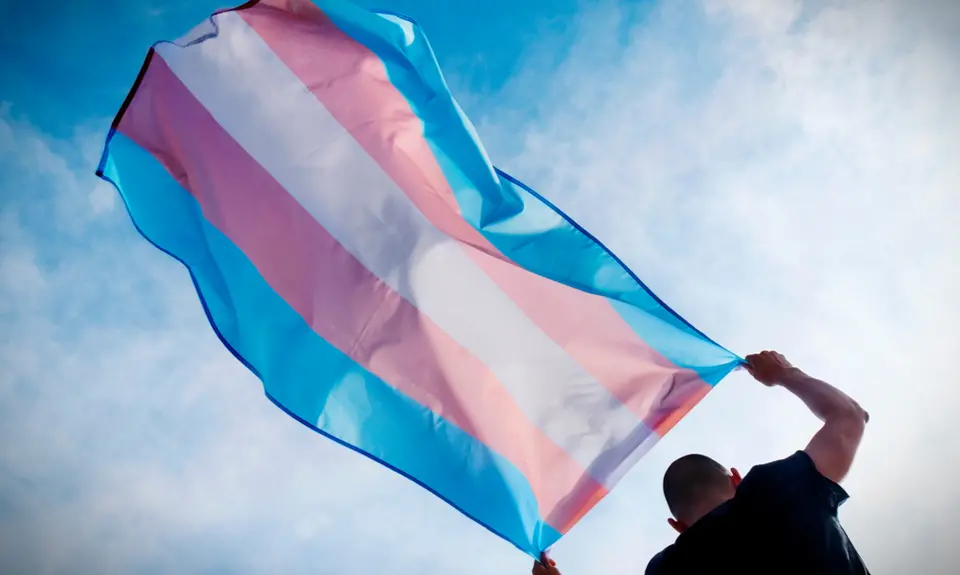In two separate cases in June 2024, Trump judges invalidated a rule and guidance from the Department of Education that explained that Title IX of the Federal Education Amendments Act prohibits recipients of federal education funds from discriminating based on sexual orientation and gender identity. In Tennessee v Department of Education, Trump judges John Nalbandian and Joan Larsen affirmed a preliminary injunction against the rule and guidance in twenty states that filed suit, despite a strong dissenting opinion by Reagan Judge Danny Boggs. Trump District Judge Terry Doughty issued a similar injunction in favor of three states in Louisiana v US Department of Education.
What is the background of the LGBTQ+ Guidance and these two cases?
In the Supreme Court’s Bostock decision in 2020, the Court ruled that the prohibition against sex discrimination in employment in Title VII includes forbidding employers from discriminating because someone is gay or transgender. The Equal Employment Opportunity Commission issued similarly revised guidance in 2021.
Advocates pushed for the Department of Education to promulgate similar protection for LGBTQ+ students and other individuals from discrimination by schools and other institutions that receive federal education funds Although the Trump Education Department declined to do so, the Department did act beginning in 2021. In June of that year, the Department published an “interpretation” of Title IX that explained that in light of Bostock and the similarities between Title VII and Title IX, it would enforce Title IX to “prohibit discrimination based on sexual orientation and gender identity” in federally funded programs. The Department provided similar guidance in a widely distributed “Dear Educator” letter and fact sheet. None of these measures prohibited specific actions by any particular school or institution, but provided guidance concerning future planned enforcement.
Twenty Republican states filed suit in federal court in Tennessee, challenging the legality of these actions. A district court issued a preliminary injunction in favor of the states, and the Department appealed to the Sixth Circuit. That case was heard by a panel including Trump judges Nalbandian and Larson and Reagan Judge Boggs. The Department also issued a final rule on the subject in April 2024, which led to a lawsuit by Louisiana and several other states. The Louisiana case was considered by Trump District Judge Terry Doughty
How did the Trump judges in these cases rule and why is the result harmful?
In the Sixth Circuit case, Judges Nalbandian and Larsen held that the Department’s actions amounted to a new “legislative rule” that changed the states’ obligations under Title IX without an opportunity for notice and comment. In the absence of a preliminary injunction, they continued, the states are “likely to suffer irreparable harm” because they will be “forced to comply” with the Department’s views, “contrary to their own policies” that do not ban discrimination based on sexual orientation or gender identity. They accordingly affirmed the preliminary injunction against the Department.
Reagan Judge Boggs strongly dissented, explaining that the case should be dismissed because of lack of standing. As he wrote, the Department’s actions were no more than “interpretive rules” or “policy statements” that simply state ‘what the Department thinks Title IX means” and “do not create new legal obligations or bind the Department to the position that any particular conduct constitutes discrimination” under Title IX. The documents simply “explain legal obligations” in the Department’s view, Boggs concluded, but “do not create them” or give rise to a proper lawsuit.
In the Louisiana case, Judge Doughty severely criticized the Department’s rule adopted in April 2024 and its interpretation of Title IX. He claimed that Title IX “was written and intended to protect biological women from discrimination” and that the recent changes by the Department “would subvert the original purpose of Title IX.” According to Doughty, the Bostock ruling concerns employment discrimination under Title VII and does not apply to Title IX. The decision produced immediate criticism, with Human Rights Campaign President Kelley Robinson stating that the ruling “prioritizes anti-LGBTQ+ hate over the safety and well-being of students.”
The future of this issue remains in doubt. Which of these cases will be appealed to a higher court has not yet been announced. Other courts are considering similar lawsuits or have issued contrary decisions in different situations, such as the recent unanimous First Circuit decision by Biden judge Gustavo Gelpi recognizing that discrimination on the basis of perceived sexual orientation may violate Title IX. There is little doubt, however, that these decisions by Trump judges harm transgender students and others. And they emphasize the importance of filling vacancies on our federal courts with fair-minded judges who will protect everyone’s rights.
